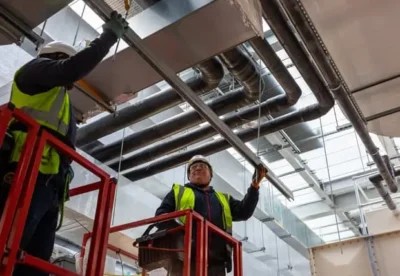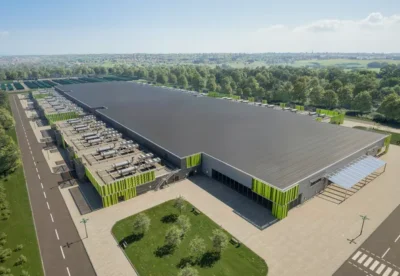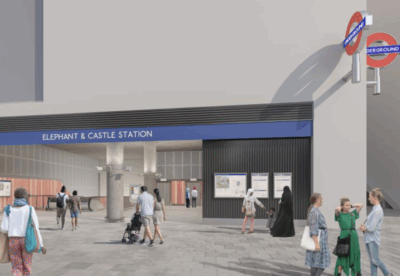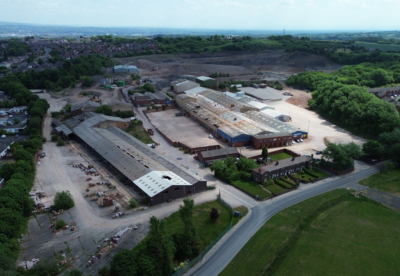Osborne unveiled 21 new enterprise zones, major planning reforms to help builders and a £250m package to help first time buyers.
In a Budget that strips away red tape, he said the first 10 enterprise zones will be in: Birmingham and Solihull; Leeds; Sheffield; Liverpool; Greater Manchester; West of England; Tees Valley; North Eastern; The Black Country; Derby & Derbyshire with Nottingham & Nottinghamshire.
The Mayor of London later announced that the Royal Docks in East London will be designated an enterprise zone, mirroring the Isle of Docks more than 20 years ago.
These zones will function as havens for development, benefiting from zero business rates and deregulated planning.
The Chancellor also committed to funding 21 new university technical colleges, double the number previously earmarked and pledged to create 50,000 more apprenticeships.
In his widely trailed Budget for growth Osborne said the proceeds of the bank levy will fund a £250m commitment to first time buyers, called FirstBuy.
This is intended to help 10,000 home owners get onto the ladder for the first time and support up to 50,000 jobs in the house building industry.
Stamp duty will be levied on mean value not bulk value of homes, which will promote institutional investment.
The Chancellor ushered in planning reforms to prioritise growth and jobs and will force planners to presume in favour of sustainable developments, but Green Belt will be protected.
The Government will also insist that planning is handled in 12 months.
He also pledged to introduce in full Lord Young’s health and safety reforms.
The Chancellor released £100m to develop four new science centres of excellence in the country.
He said: “This is a Budget for making things not making things up. We have a plan and we are sticking to it.
“We have put fuel into the tank of the British economy.”
- 21 new enterprise zones
- Pilot public sector land auctions
- New 12 month guarantee for planning and appeals
- £200m extra funding for rail projects
- Sheffield retail quarter regeneration scheme
- Extra £100m for councils to repair potholes
- £250m for first time buyers
- £100m for four new science centres
- 24 new university technical colleges by 2014
- Redoubling line from Swindon to Kemble
- Growth down from 2.1% to 1.7%
- Corporation tax down 2% in April
- Fuel duty down 1p/l tonight
- Tax allowance rises £8,105 in 2012
- Borrowing down £146bn to £29bn by 2015/16
- 50,000 more apprenticeships over 4 years
Construction Budget in brief
General Budget in brief
Reaction
Stewart Baseley, chairman of the Home Builders Federation, said: “The severity of the housing crisis dictates that work doesn’t stop here. It is crucial that all today’s announcements are built on, regulation is reduced, land supply increased and the planning system simplified.
“The Budget shows ministers are listening and serious about tackling our housing crisis. This is a very positive start.”
“The Chancellor’s commitment to switch to a ‘presumption in favour of sustainable development’ based planning system, where the default answer is ‘yes’, is also a positive statement of intent.
“If the Government is to meet its commitment to increase housing supply, more permissioned land must be made available.”
HBF still believes that further action on reducing regulation is required, to supplement announcements today that the Minister will write to Local Authorities with regards to Section 106 ‘infrastructure tariff’ payments, and on more sensible carbon efficiency targets, if more potential housebuilding sites are to become viable.
Michael Ankers, chief executive of the Construction Products Association, said: ‘We welcome the serious attempt to unblock the planning system, encouragement for sustainable development, opening up economic activity with the introduction of Enterprise Zones and helping first time buyers access the housing market.
“The Chancellor has recognised the enormous difficulty the housing market has been facing for several years and the introduction of financial help for first time buyers is a much needed boost. However, this is a very modest step and is unlikely to make much of a dent in the 100,000 shortfall of new build that this sector is currently facing.
“The government has made a big play on its desire to make the UK an attractive place to do business and we welcome a number of the measures, including reduction in corporation tax, support for fiscal initiatives and improved R&D tax credits, but we were very disappointed to see the early introduction of a carbon floor price which could well drive business investment away from the UK.”





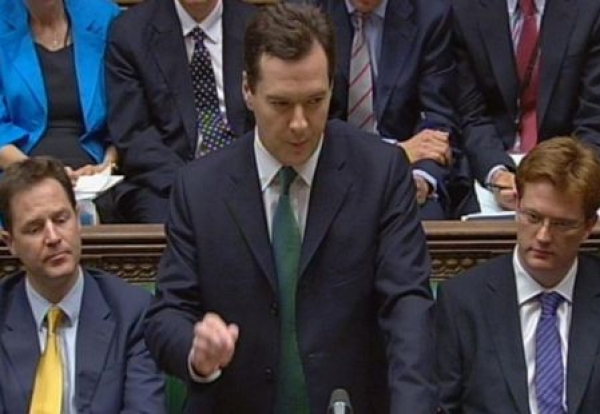
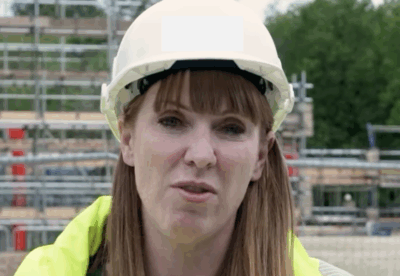


 (300 x 250 px) (2).png)






